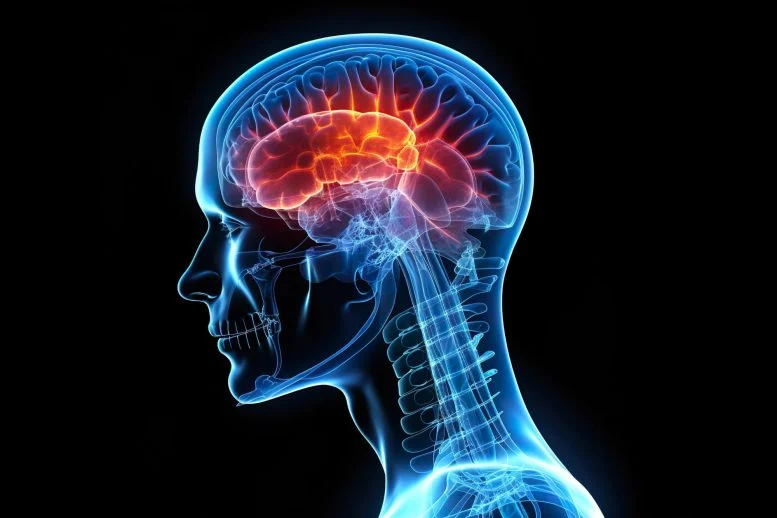A groundbreaking stem cell therapy has emerged as a potential game-changer for brain recovery after strokes, offering hope to millions of survivors. According to a new study published in Molecular Therapy, modified stem cells could significantly improve brain activity, even when administered weeks after the stroke.
Stroke survivors often face debilitating long-term consequences, such as chronic pain, weakness, or epilepsy, with full recovery achieved by only about 5% of those affected by ischemic strokes—the most common type. Existing treatments must typically be administered within hours of a stroke, but this novel therapy has shown promise even when applied a month later.
Scientists at the Gladstone Institutes have been developing this therapy for over a decade, focusing on its potential to treat strokes and traumatic brain injuries. In their recent study, the team tested the therapy on rats, injecting modified human stem cells into the brain near the injury site a month after the stroke.
Dr. Jeanne Paz, who led the research, reported that the stem cells restored balance in neural networks by reversing brain hyperexcitability. The therapy also promoted the production of proteins and cells critical for brain repair and function. While less than 1% of the transplanted human cells survived in the rats’ brains after one week, their effects were remarkably long-lasting.
Electrical activity measurements and cellular analyses revealed that the therapy restored normal brain activity patterns, leading to significant improvements in the animals’ recovery. Previous clinical trials have already hinted at the potential of stem cell therapy to help some stroke patients regain mobility in their arms and legs.
The findings not only illuminate how stem cells impact the brain but also open doors for refining these therapies and developing similar treatments. While further research is needed to bring this therapy closer to widespread clinical use, it represents a significant step forward in stroke recovery science.
This breakthrough gives hope to stroke survivors worldwide, promising better outcomes and renewed opportunities for a more functional life.












